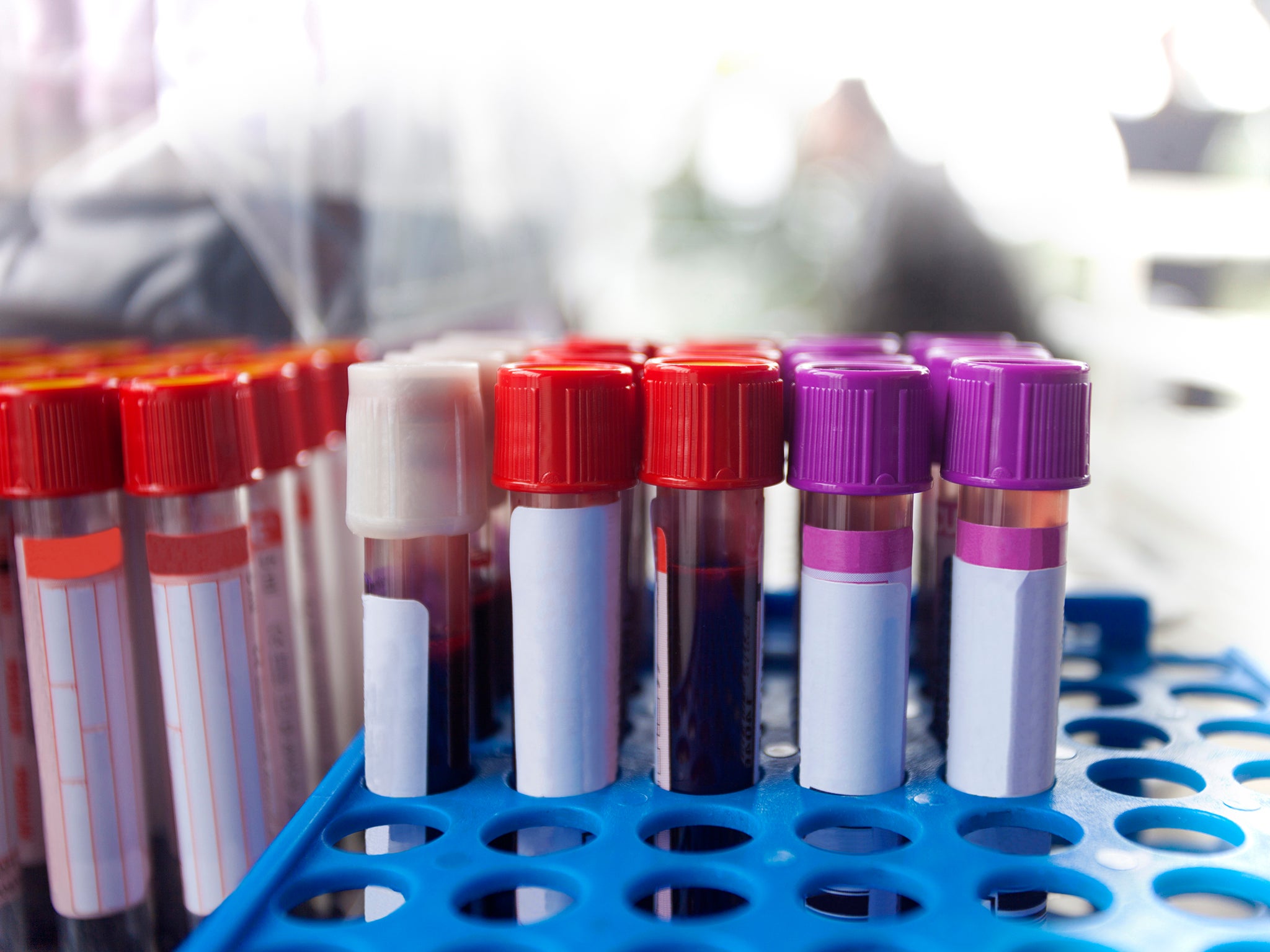World’s first HIV positive sperm bank launched in New Zealand
'I want to show the world that life doesn’t stop post-diagnosis and help to remove the stigma’

Your support helps us to tell the story
From reproductive rights to climate change to Big Tech, The Independent is on the ground when the story is developing. Whether it's investigating the financials of Elon Musk's pro-Trump PAC or producing our latest documentary, 'The A Word', which shines a light on the American women fighting for reproductive rights, we know how important it is to parse out the facts from the messaging.
At such a critical moment in US history, we need reporters on the ground. Your donation allows us to keep sending journalists to speak to both sides of the story.
The Independent is trusted by Americans across the entire political spectrum. And unlike many other quality news outlets, we choose not to lock Americans out of our reporting and analysis with paywalls. We believe quality journalism should be available to everyone, paid for by those who can afford it.
Your support makes all the difference.The world’s first HIV positive sperm bank has been launched in an effort to reduce the stigma experienced by those living with the virus.
Sperm Positive has begun with three male donors from across New Zealand who are living with HIV but have an undetectable viral load, meaning the amount of the virus in a person’s blood is so low that it cannot be detected by standard methods.
Although this does not mean the HIV has been cured, it does mean that the treatment is working well and so the virus cannot be passed on – even through sex without a condom or childbirth.
Donor Damien Rule-Neal was diagnosed with HIV in 1999 but was confirmed undetectable after starting treatment some 18 years ago.
He said there was still a lack of education among the public in New Zealand about what an undetectable status meant, and that he had experienced stigma about living with HIV in both his work and personal life.
“I have many friends who are also living with HIV who’ve gone on to have children,” he said.
“Being able to help others on their journey is so rewarding, but I also want to show the world that life doesn’t stop post-diagnosis and help to remove the stigma.”
The online sperm bank said it will be made clear to people looking for a donor that they have HIV but are on effective treatment and so cannot pass the virus on.
The initiative, created by the New Zealand Aids Foundation, Positive Women Inc and Body Positive, hopes to educate people in New Zealand about HIV transmission.
Dr Mark Thomas, an infectious diseases doctor and Auckland University associate professor, said he had seen changes in public opinion after working with those diagnosed with HIV for more than 30 years.
He said: “I’m glad to say that in this time there have been great changes in public understanding of HIV, but many people living with HIV still suffer from stigma.
“Stigma can lead to inconsistent taking of medicines, and result in much less effective treatment of HIV, and risk of transmitting HIV.
“Fear of stigma and discrimination can stop people at risk from getting tested, and those living with HIV from accessing treatment and support.”
As well as informing the public, the online clinic aims to give people diagnosed with the virus the opportunity to create life and to raise awareness that fertility services are available for them.
Sperm Positive said it will not be operating as a fertility clinic and, if a match is agreed by both parties, it will put them in touch with local fertility clinics.
The online bank was launched ahead of World Aids Day 2019, on 1 December.
Press Association
Join our commenting forum
Join thought-provoking conversations, follow other Independent readers and see their replies
0Comments